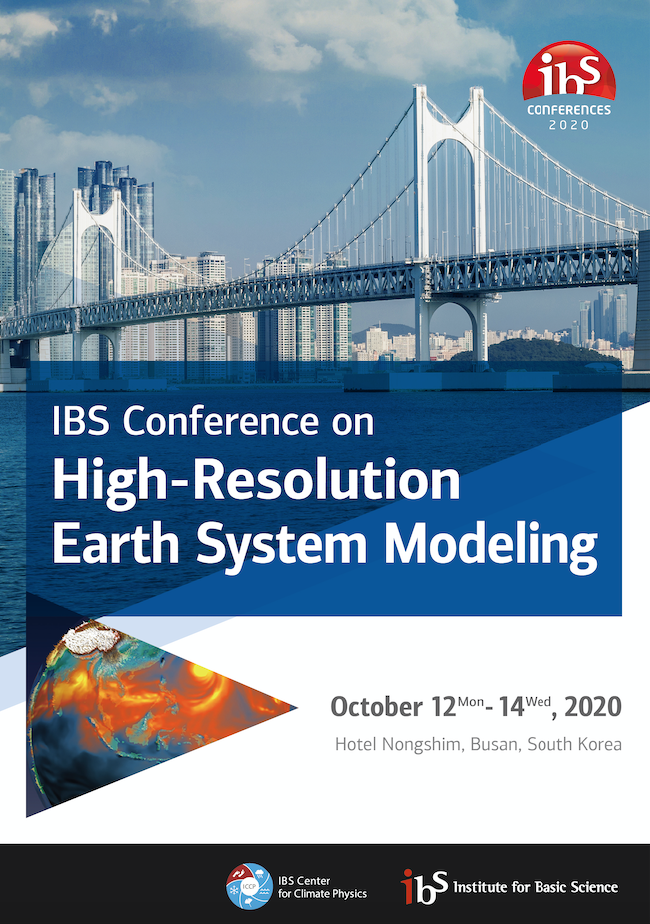
Volcanic eruption, global monsoon, and El Niño
Tropical volcanic eruptions are known to induce a decrease in global monsoon precipitation but there remains a large uncertainty in model simulated responses. Here we show that the inter-simulation differences […]
